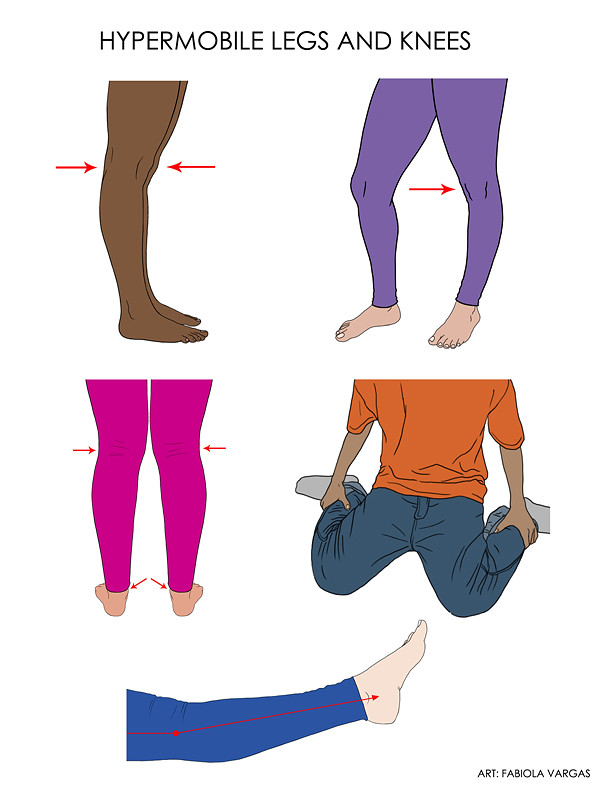Roger Goodell: Vegas or not, we won’t compromise gambling policies
January 26, 2017, 8:30 AM EST
The NFL has a longstanding and fierce opposition to gambling, which is why many people doubted a team would ever play in Las Vegas. Now it appears that the Raiders will move to Las Vegas, but Commissioner Roger Goodell insists that the league’s stance on gambling hasn’t changed.
Asked by Colin Cowherd if the NFL is softening its opposition to gambling, as the NBA has under Commissioner Adam Silver, Goodell indicated that playing in America’s gambling capital doesn’t signal a shift for the NFL.
“We’ve seen the changes in the culture around the country in gambling,” Goodell said. “We’re obviously very sensitive to that, but we’re also going to evaluate the Raiders case on the relocation application in what’s in the overall best interests of the league. But one thing we
can’t ever do is compromise on the game. That’s one of the things we’ll do is to make sure the policies we’ve created, if we did in any way approve the Raiders, I don’t see us compromising on any of the policies.”
In other words, the league is considering a move to Las Vegas because the taxpayers there are willing to devote hundreds of millions of dollars to a stadium, and the taxpayers in Oakland aren’t. As far as the NFL is concerned, that’s a separate issue from gambling.
***********************************************************************************************************
Won't compromise gambling policies?????


***********************************************************************************************************
Why The NFL's Stance Against Gambling Is Complete BS
July 25, 2009
In case you've missed it, the state of Delaware legalized sports gambling. The state is hoping to raise revenue through sports gambling by allowing betting on single games in all of the major sports leagues as well as on college sports.
Delaware would basically become a giant sports book. This is possible because the state previously had legalized sports gambling in 1979 when it ran a football "lottery." This so-called lottery was in actuality parlay cards and were only played on
NFL games. Due to various factors, Delaware's original sports lottery lasted only a few short weeks before it was shut down.
When Congress passed a law outlawing sports gambling nationwide in 1992, it "grandfathered" in four states - Nevada, Delaware, Montana and Oregon - all of which had previously legalized some form of sports wagering.
Now due to the economic slump the state is in, Delaware believes returning to sports wagering will bring in millions of dollars to the suffering state. And professional sports are not happy about it.
The four major leagues - NFL, NBA, NHL, and MLB - along with the NCAA has filed suit against the state attempting to stop the institution of this sports wagering plan.
The suit states that Delaware's plan ""would irreparably harm professional and amateur sports by fostering suspicion and skepticism that individual plays and final scores of games may have been influenced by factors other than honest athletic competition."
While that sounds all well and good to the public, the fact is even without legalized sports gambling, professional sports has a history of game fixing dating back to the mid-1800s (yes, the 1800s) which continues to this very day.
Also, a huge majority of current sports wagering is conducted illegally and through underground bookies, most of which are connected to organized crime. While no one knows for certain how much is being wagered illegally, the best estimates reach into the hundreds of billions of dollars a year.
Since the mid-1960s, the NFL has always publicly been against any form of wagering on its games, citing a similar stance taken to the one in the current lawsuit against Delaware.
But despite this public stance, the NFL knows full well that gambling on its games is what keeps the league both in the public's eye and profitable.
BS, you say? Read on.
Some gambling experts believe over a billion dollars is illegally wagered on NFL games alone during its regular season. That number rises during the playoffs.
Those people betting are also watching the games. In fact, most "fans" need some sort of "action" on the game to "enhance" the enjoyment of it. Be it a friendly wager, a strip card, some squares, an office pool, a parlay card, or a bet with a bookie, people are gambling. How many of you do the same?
Furthermore, the NFL clearly plays into this gambling habit its fans have. Why do you think the NFL's injury report even exists? It isn't used by opposing coaches to determine the other guy's weaknesses. It was specifically created in the 1950s for gamblers.
"Inside information" on injuries (much like the info NBA ref Tim Donaghy had access to and used successfully to win over 80% of his wagers) gave an informed bettor a distinct advantage. And during the 50s and 60s, when numerous NFL players were themselves wagering on games or working hand in hand with gamblers who wagered for them, injuries were an important factor on were their money was laid down.
The NFL's injury report was created to combat this. It continues to exist strictly for gamblers to use.
The NFL also maintains close contact with members of several Las Vegas sports books to monitor how their games are being bet and if there are any unusual fluctuations in the line. Though it rarely happens today due to the high volume of money bet, in the past games would often be taken off the boards because of suspected "oddities" in the wagers coming in. The thought was, these games were probably fixed.
And while that fact feeds into why the NFL publicly doesn't want sports gambling legalized, in all likelihood, illegal wagering - the unregulated kind - actually adds to the possibility of game fixing more than legal gambling does. With no one entity montioring these bettors or their bets, no one would know if things were looking "fishy" prior to kickoff.
Perhaps the most popular form of gambling isn't considered gambling at all by the NFL. And that is fantasy football.
From personal experience, I have not been in a fantasy football league where money wasn't "awarded" to the league's champion. That, my friends, is gambling. Yet due to the fact that the NFL cannot tell what each and every fantasy league out there is up to, they have plausible deniability against aiding in everyone's gambling...I mean, fantasy league.
The NFL openly encourages fantasy football. They allow leagues to be run on their own website. And I cannot believe they do not realize money is on the line in most, if not all, of those leagues. Yet at the same time, the NFL knows that fantasy football has aided in the league's popularity and in turn upped ratings and thus its profit.
So while the league takes an anti-gambling stance on every occasion, this is nothing but good PR. The truth is, the history and success of the NFL is tied directly to both the rise of gambling (especially the advent of the betting line) and television. In fact, all of sports television's rise to prominence is linked to gambling. (For those interested, these links will be further explained in my book. See my author page for more.)
The NFL realizes an active gambler is an avid watcher. And that is what the league craves more than anything. In all probability, if the NFL could figure out a way in which they could run their own sports book, they would take bets on their games without blinking an eye.
But if the NFL can't profit off of gambling, then they are willing to take the stance against it, simply to appear to want everything on the up-and-up.
But the league knows the truth all too well: gambling, no matter the form it takes, makes the NFL the sporting powerhouse it is.





 Ian Rapoport @RapSheet
Ian Rapoport @RapSheet 



